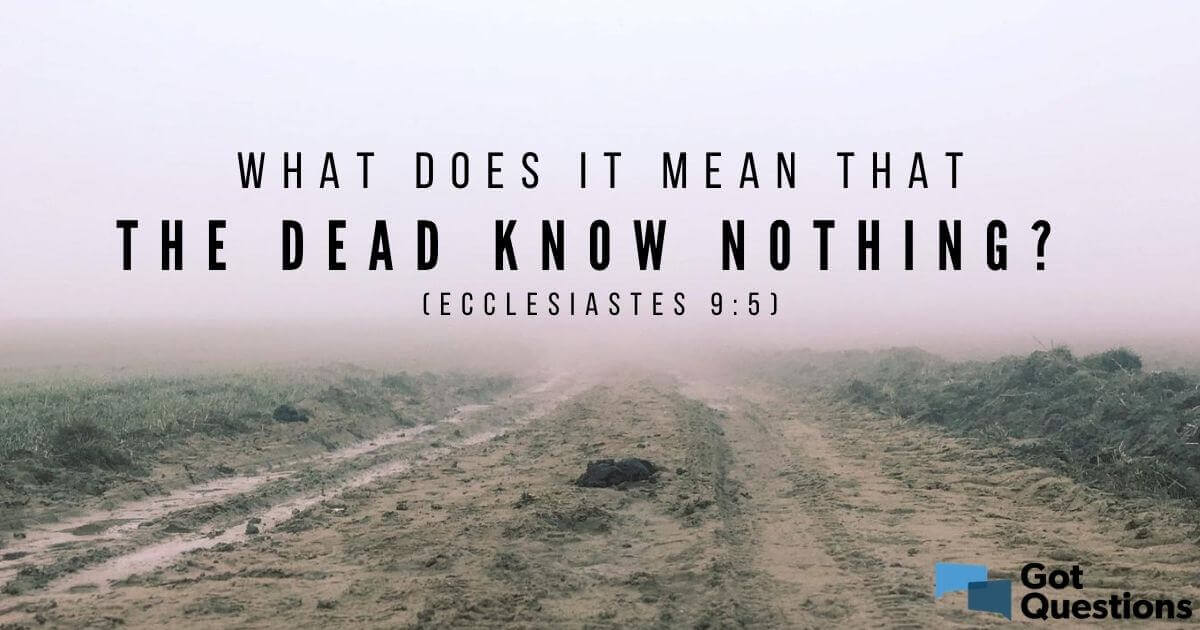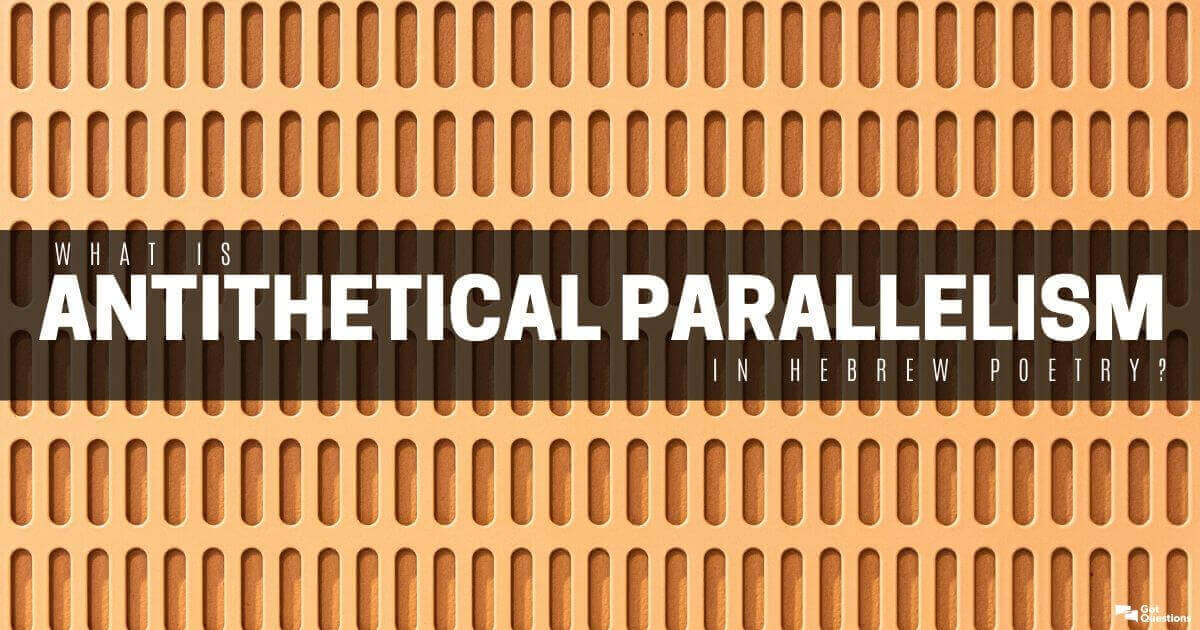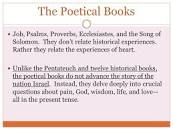Stop your nonsense of calling others non-believers. Doing child like stuff like that tells us you do not even understand our simple statements.
I don't understand how you could think that what I wrote meant that I was calling you an unbeliever. Such a thought never entered my head when I wrote that post. All I wrote was:
Well if you're not interested in finding out what God's Word to us actually means, that's your choice. As for me, I want to learn and understand the truth.
So I meant that as a believer you, like me, should want to find out what God's Word truly means, and not rely on what we may have been told - we should want to be sure that what we believe is actually true (as Paul wrote to Timothy, we should "rightly handle the word of truth", 2 Timothy 2:15). Many people when reading the Bible make assumptions and deductions based on our modern experiences and what we've been told, and don't bother to study in detail what the written words actually mean. Gehenna is such a word. Rather than relying on a translator who decided to translate it as hell, the same word he/they used for other different Hebrew and Greek words, and therefore misleading people into thinking that Jesus was referring to something different to what he was actually referring to, we should want to know what Jesus actually meant. That means understanding that Jesus was referring to a deep narrow valley right outside the walls of Jerusalem that was used as a garbage dump, and where fires were kept burning to consume the refuse and keep down the stench. It was also the location where bodies of executed criminals, or individuals denied a proper burial, would be dumped. It also became a place of public executions. Hence, for example, Jesus said, Matthew 5:27-29 (WEB):
(27) “You have heard that it was said, ‘You shall not commit adultery;’
(28) but I tell you that everyone who gazes at a woman to lust after her has committed adultery with her already in his heart.
(29) If your right eye causes you to stumble, pluck it out and throw it away from you. For it is more profitable for you that one of your members should perish, than for your whole body to be cast into Gehenna.
meaning, that rather than gazing at and lusting after a woman, which could lead to you eventually commiting adultery (your "eye causes you to stumble") resulting in you being executed and your dead body being thrown into the fires in the Valley of Hinnom, it would be better for you to pluck out your own eye to avoid that. Jesus is pointing out the source of our sins is our thoughts, and we therefore need to work to purify our thoughts (in the same passage he had said earlier, 5:8 - "Blessed are the pure in heart, for they shall see God").
I also asked you what you understood the verse "Hell is cast into the Lake of Fire" to mean, since you quoted it:
So do you believe that that verse means that hell will be destroyed and no longer exist, or do you think that hell will live forever in burning fire and be tormented, or something else?
but you haven't answered. How does your understanding of it harmonise with Jesus saying, John 3:14-17 (WEB):
(14) As Moses lifted up the serpent in the wilderness, even so must the Son of Man be lifted up,
(15) that whoever believes in him should not perish, but have eternal life.
(16) For God so loved the world, that he gave his one and only Son, that whoever believes in him should not perish, but have eternal life.
(17) For God didn’t send his Son into the world to judge the world, but that the world should be saved through him.
Twice Jesus says that those who don't believe in him would perish (Greek
apollumi, meaning "to destroy fully" - Strong's), not that they would be forever tormented in fire. Those that believe in him will have eternal life, those that don't will not have eternal life - not even an eternal life of torment. Note that Jesus didn't come into the world to judge or punish the world, but to save mankind (Greek
krinō, meaning "to distinguish, that is, decide (mentally or judicially); by implication to try, condemn, punish" - Strong's).







